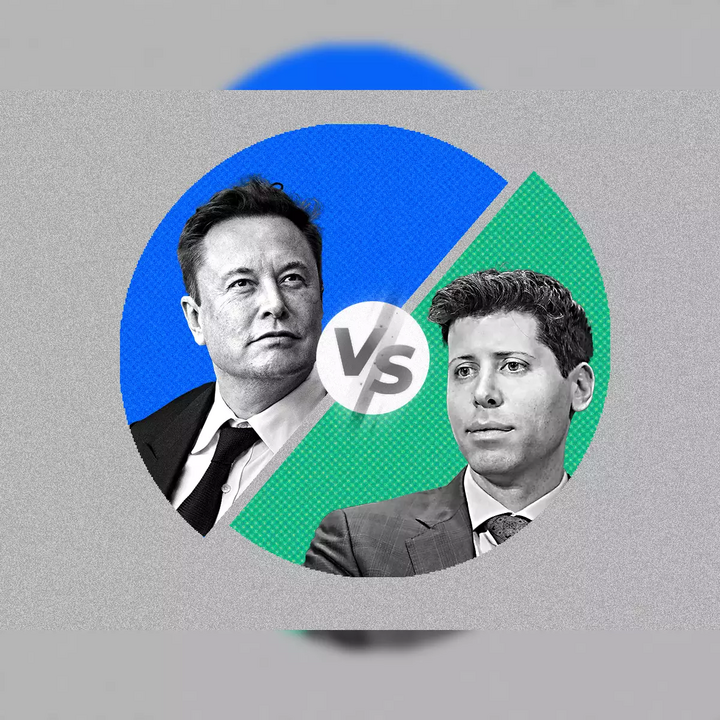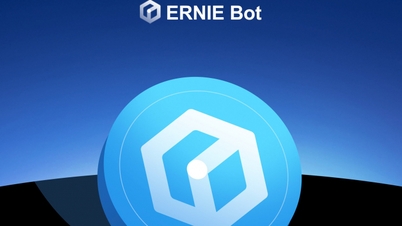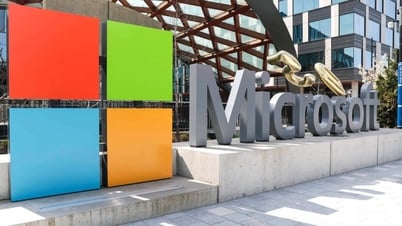Last week, Elon Musk sued OpenAI and its co-founders Sam Altman and Greg Brockman for breach of contract and breach of fiduciary duty. From Silicon Valley to Wall Street to Washington, the blockbuster lawsuit Elon Musk filed against OpenAI and its CEO quickly became the most intriguing soap opera in the business world .

Billionaire entrepreneur Elon Musk sues OpenAI. (Photo: Getty Images)
Rather, Elon Musk is alleging that the OpenAI team originally set out to develop artificial general intelligence (AGI) “for the benefit of humanity,” but that the project was later transformed into a for-profit organization, largely controlled by its major shareholder, Microsoft.
Elon Musk used much of the 35-page complaint (plus attachments) to tell his story, and remind the world of his central role in founding a company that has become one of the hottest AI startups on the planet, (OpenAI topped CNBC’s Disruptor 50 list for 2023) thanks in large part to the viral spread of the ChatGPT tool.
In the lawsuit, Musk's lawyers say they want OpenAI to go back to operating as a research lab, and no longer exist for Microsoft's "financial benefit."
But for lawyers, the case is unusual in that it has no clear precedent. And it’s unclear what would constitute a victory in a case like this, which appears to have been sparked by Elon Musk’s personal frustration. Experts say the lawsuit is built on questionable legal ground, since the contract at the heart of the case is not a formal, written agreement signed by all parties involved.
Specifically, Kevin O'Brien, partner at Ford O'Brien Landy LLP and former assistant U.S. attorney, told CNBC: "This is definitely a gimmick for Elon Musk's benefit, but I'm not sure about the full legal value of this lawsuit." O'Brien added: " One thing that surprised me is that there was no written contract signed by the parties involved in this agreement."
Source

































































































![[OCOP REVIEW] Tu Duyen Syrup - The essence of herbs from the mountains and forests of Nhu Thanh](https://vphoto.vietnam.vn/thumb/402x226/vietnam/resource/IMAGE/2025/6/5/58ca32fce4ec44039e444fbfae7e75ec)






Comment (0)